

@dumnezero@piefed.social Could you update the link to the original article at https://www.spiegel.de/a-0d1883d9-b7dd-4e5e-a6f4-a3069b13b4dd asap please?
English translation below
Spiegel article, DeepL translation
The legacy of reunification
“First an exhilarating awakening, then a radical fall”
**Victory of freedom or hostile takeover - East Germans look back on reunification in very different ways. Why is that? Sociologist Alexander Leistner has some explanations. **
SPIEGEL: Some East Germans see the fall of communism in the GDR in 1989 as a peaceful revolution and a victory for freedom. In retrospect, another part views the change as a defeat and even sees the reunification as a hostile takeover of East Germany by the West. Where does this great contrast come from?
Leistner: These are two highly condensed narratives about enormously complex events. They make history more tangible, but they also partly reflect individual experiences. Even in the 1990s, negative terms such as crisis, bankruptcy and even colonization emerged in connection with the reunification, including those of people whose livelihoods were damaged by reunification. Whereby negative images - as Pegida has shown - are not necessarily represented by those who lost out during the reunification.
SPIEGEL: Does the emotional impact of the events of that time shape the interpretation?
Leistner: Yes. Many members of the opposition in the GDR, for example, first experienced 1989 as an almost intoxicating awakening, an attempt to change the GDR - and then, from the fall onwards, as a radical fall into insignificance, because there was a lack of resonance for their ideas among the population. Many members of the opposition and their ideas were basically overrun by the East Germans’ desire for prosperity and freedom.
SPIEGEL: The majority of East Germans were not active members of the opposition. How did they experience the fall of communism?
Leistner: Millions of people were affected by the collapse of the East German economy and the loss of their jobs. Added to this was the degradation of many working women to housewives, the disposal of parts of the East German intelligentsia, the loneliness of the SED victims and other fates. For many people, the social awakening and democratic liberation were coupled with enormous disappointment and great uncertainty. These were sometimes shocking experiences that affected almost every family in East Germany.
SPIEGEL: Did people feel threatened by the changes?
Leistner: Many people certainly didn’t experience reunification as a reunification on an equal footing. Artists, for example - writers, actors, musicians - had to experience that their work was suddenly hardly appreciated anymore.
SPIEGEL: Were many people hoping for a revolution in 1989, for freedom and consumption, but at the same time wished that their professional and social lives would remain unchanged?
Leistner: You could say that. But you always have to be aware of the enormous dynamics of the development: In the summer of 1989, no one could have foreseen the collapse of the GDR. The collapse came completely out of the blue, and as a result there was a kind of surplus of the most diverse hopes.
SPIEGEL: Including the hope that the break would not be too great?
Leistner: Yes. Populist expectations of prosperity also played a role here, such as the slogan of the “blossoming landscapes” of the then Chancellor Helmut Kohl. However, that quickly proved to be an illusion.
SPIEGEL: Why do many people still find it difficult to understand the fall of communism in 1989 as a complex historical process that cannot be explained in simple terms?
Leistner: Simplistic narratives can be misleading, also in terms of remembrance politics. In reunified Germany, efforts are still being made to overload 1989 as an identity-forming moment. In speeches and exhibitions in the public debate about the GDR, 1989 is perceived as an act of self-liberation and as a completed process. This is an extremely shortened narrative, because for many people it was not always a success story, nor was it complete. The individual biographical catastrophes that the collapse of the GDR led to were not acknowledged for a long time, and in some cases were even stigmatized. Charred wreck of a Trabi (1990): “Sometimes shocking experiences”
SPIEGEL: What effect did that have?
Leistner: It created a lot of defiance among the people, recently a negative pride among the unadjusted, as well as great criticism of the dominance of West German elites and their perspectives.
SPIEGEL: And this defiance reinforced a one-sided view of the reunification?
Leistner: Yes. People who criticize reunification often still have the feeling that social change came upon them without them being able to help shape it. That’s why today, if you simplify it, there are two opposing points of view: reunification as a success story and the malicious takeover of the East by the West - basically a new beginning and a demolition version of reunification.
SPIEGEL: Has the tendency to perceive reunification as an annexation increased in recent years?
Leistner: At least among some people, right up to the absurd equation of the SED dictatorship with Merkel’s alleged dictatorship in right-wing circles.
SPIEGEL: What mistakes were made in the West?
Leistner: What many West Germans still fail to recognize today: Very little has changed in the West as a result of reunification, whereas almost everything has changed in the East. As a result of this disparity, there are completely different memories between the West and the East.
SPIEGEL: Are right-wing circles in East Germany consciously picking up on that?
Leistner: Yes. Although the AfD in East Germany, for example, is not only appealing to the victim role of East Germans, but rather trying to appeal to East German self-confidence and even present East Germany as the better Germany. It’s almost tragic - basically, it was only the AfD’s electoral successes in East Germany that led to more attention being paid to East German history after 1989.
SPIEGEL: What would have to change for the fall of communism to become a common date in German history and not remain a divisive event between East and West for many people?
Leistner: The empathetic West German view is still missing, there is a lack of understanding to recognize that the first experiences with West German democratic society were not only positive for many East Germans. Many people in the West still do not understand the shock of the almost lightning-fast transformation that hit the East Germans. To this day, however, accusations of ingratitude can still be heard in the West against the East Germans.
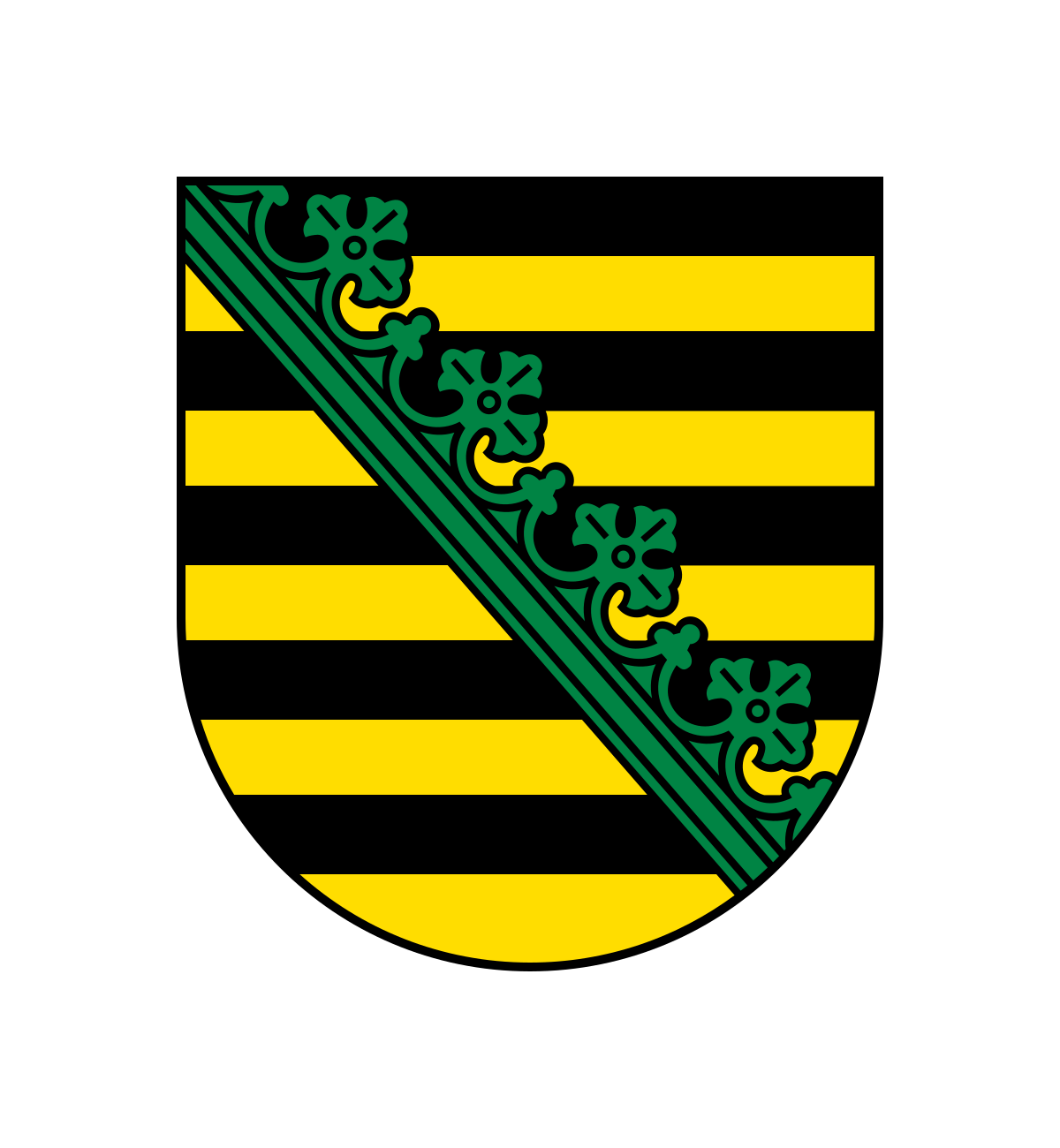

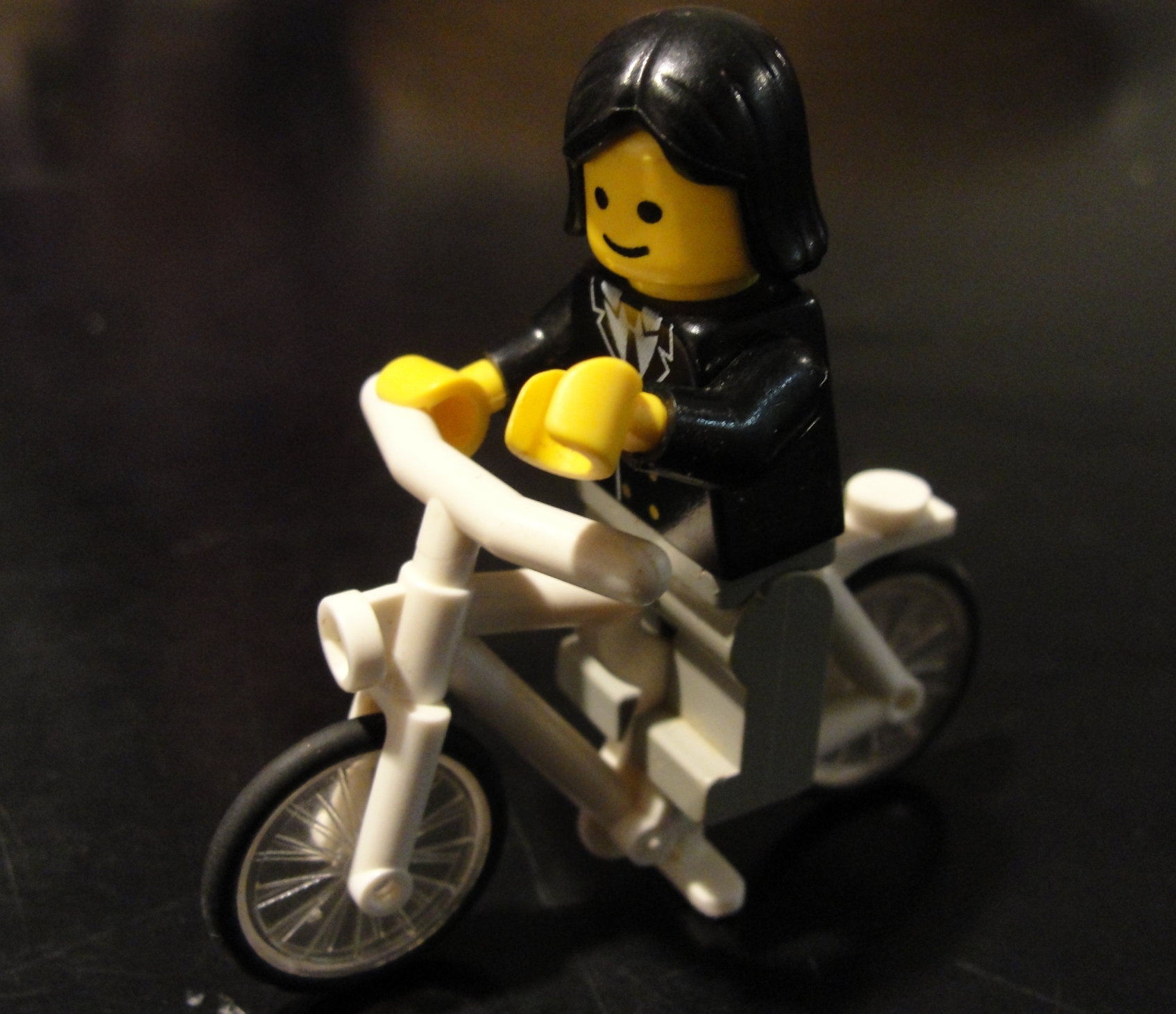
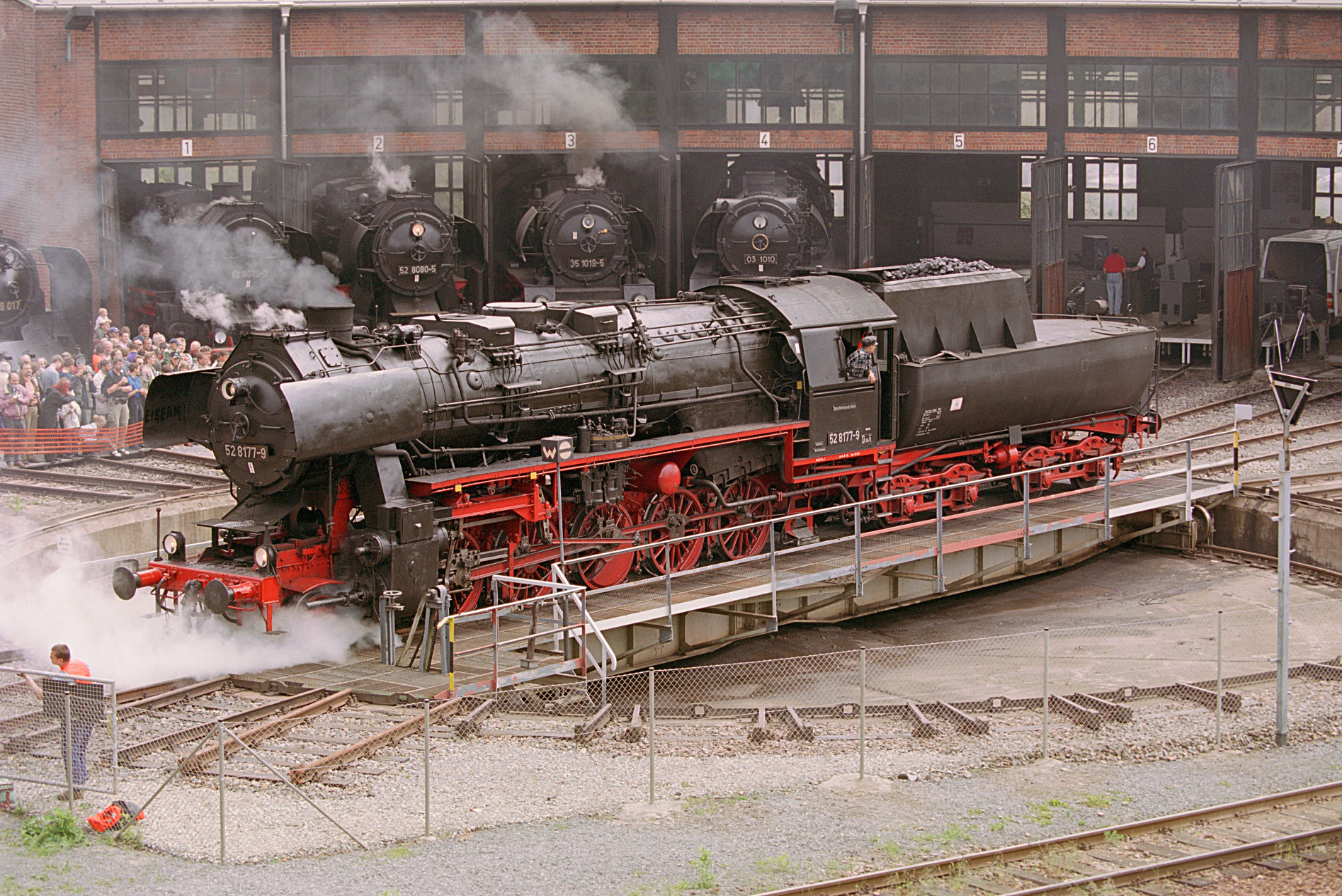

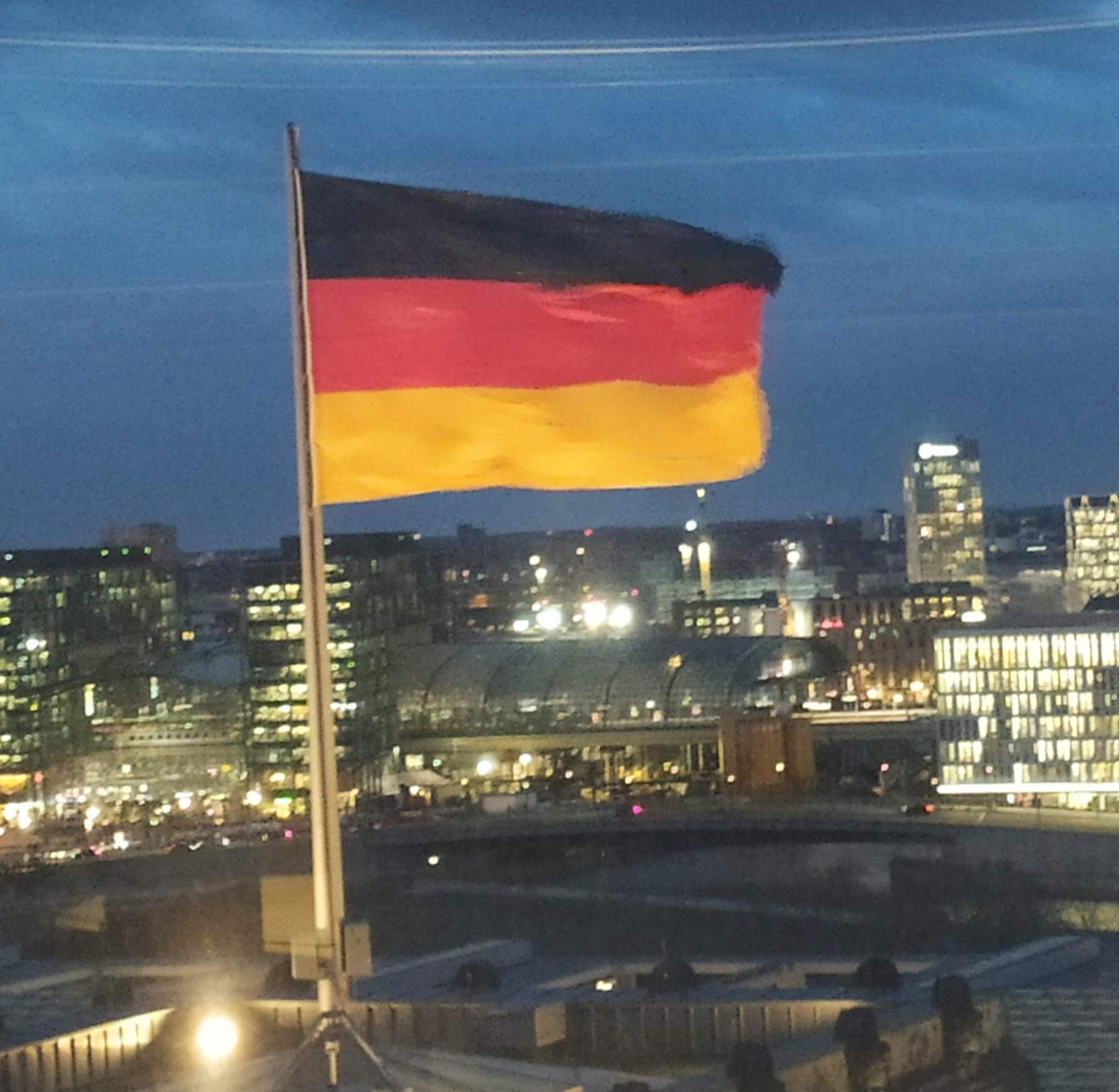






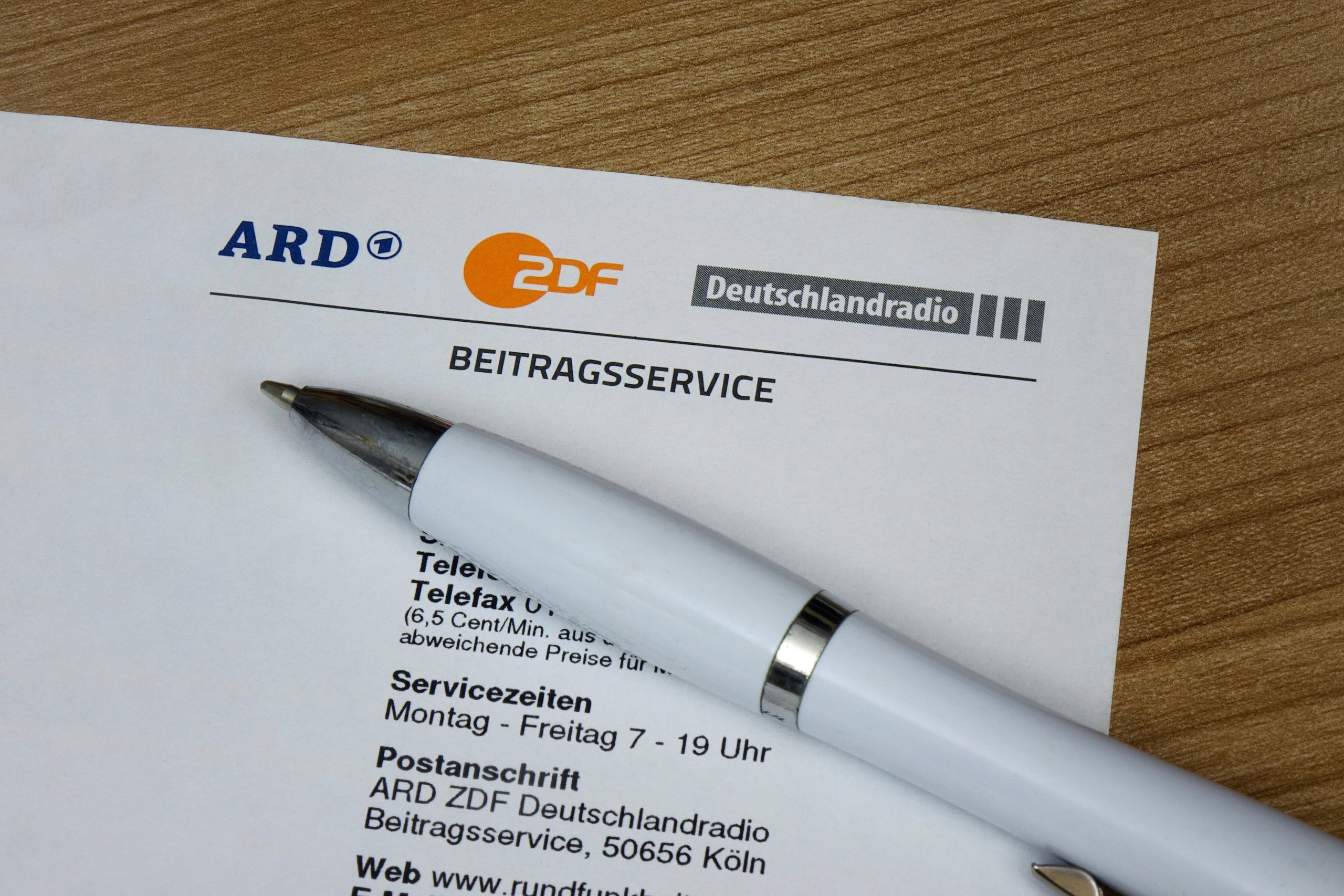
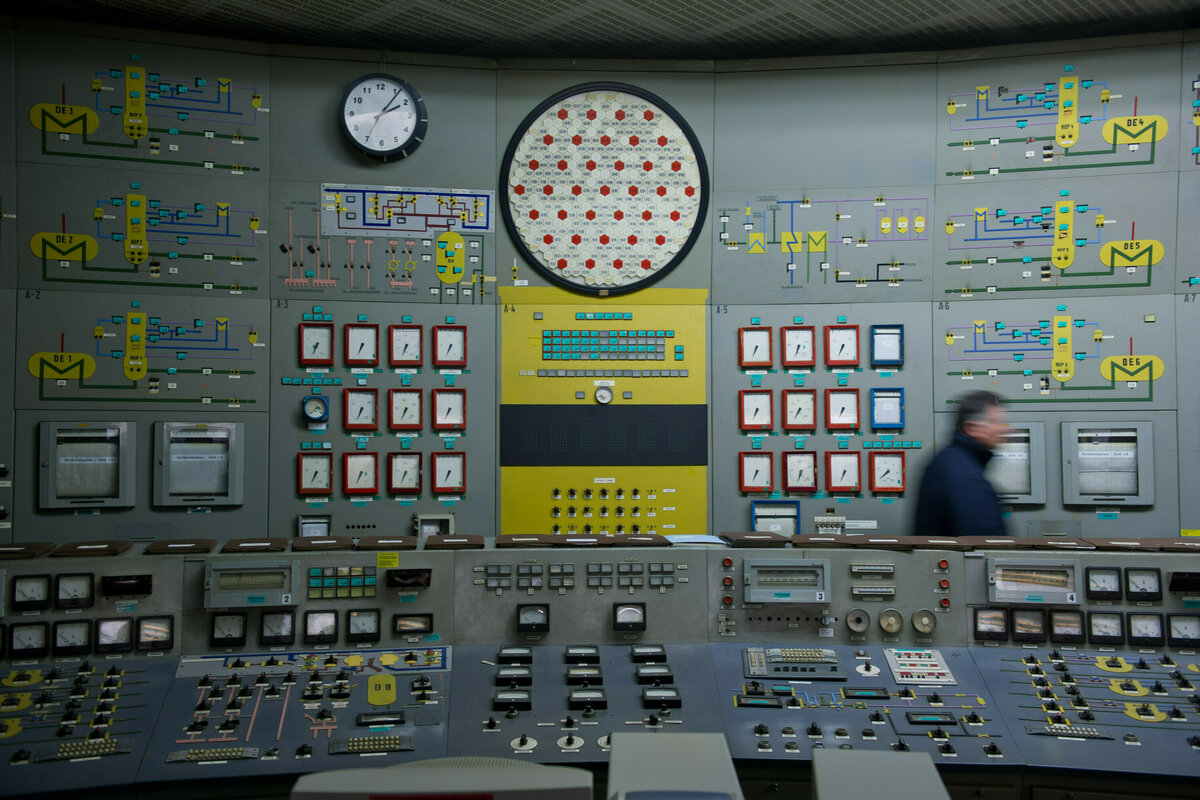
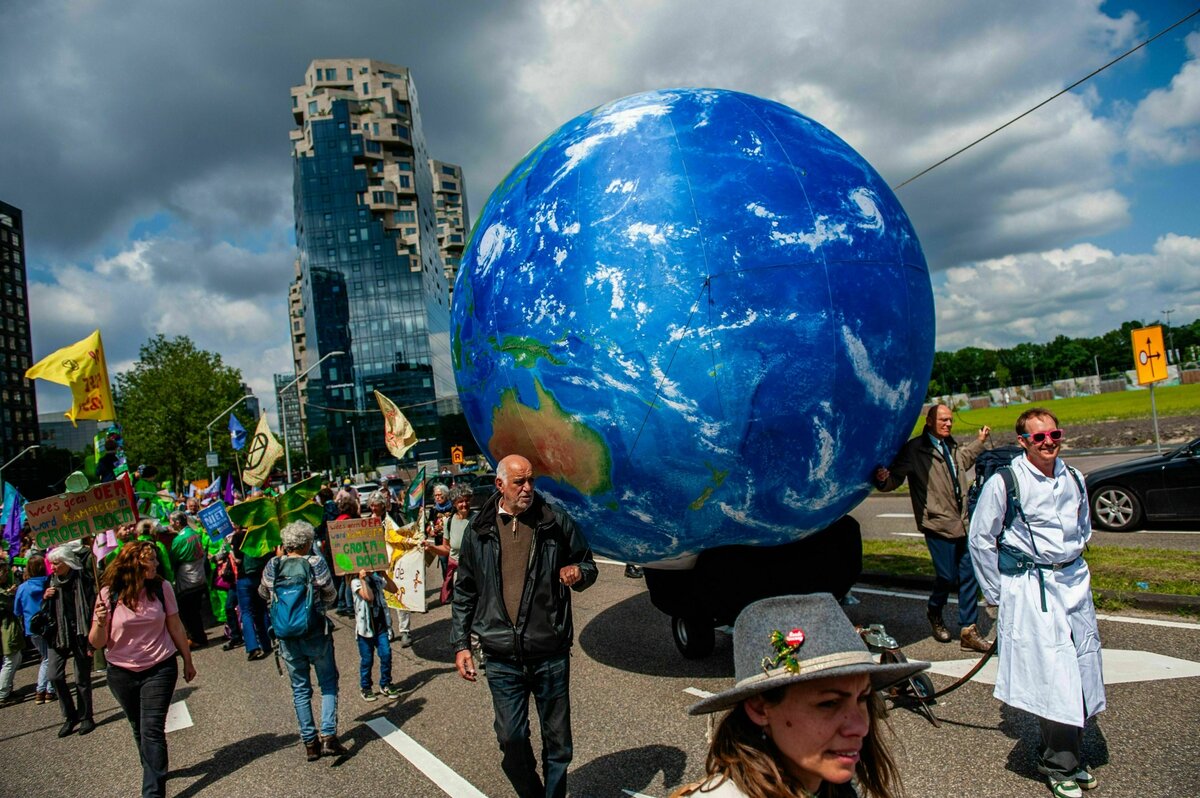


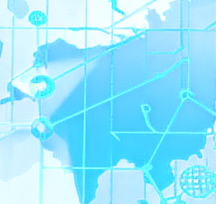


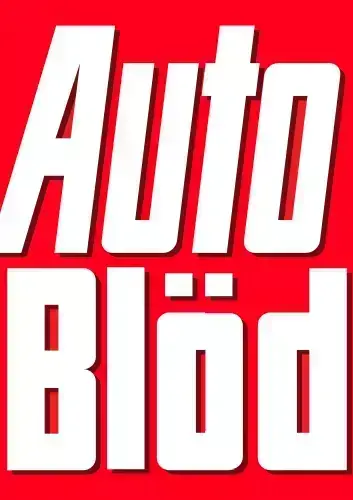




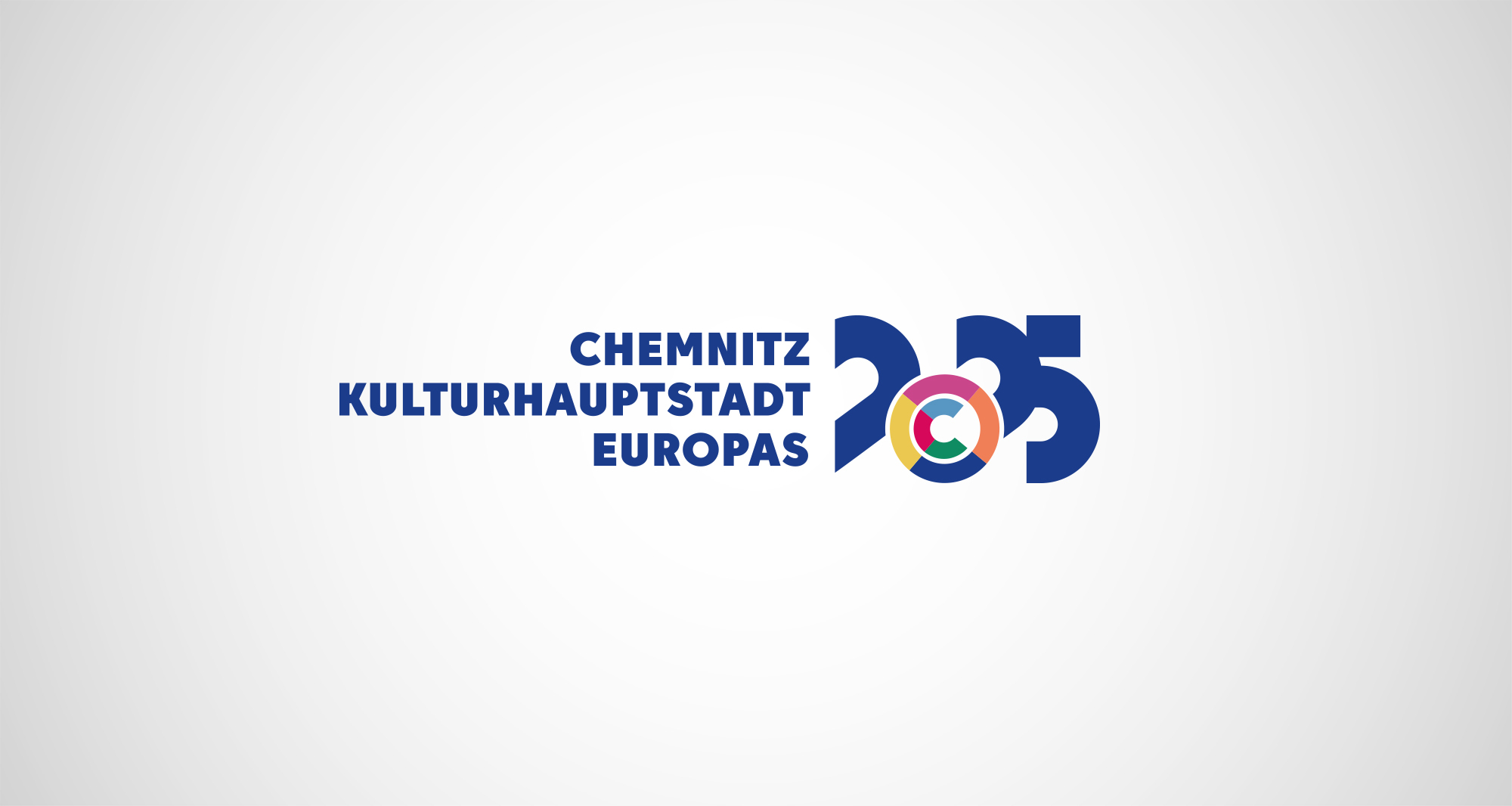
THE Capitalization IS very Random and i feel that adds To an Aura Of AUTHORITY.